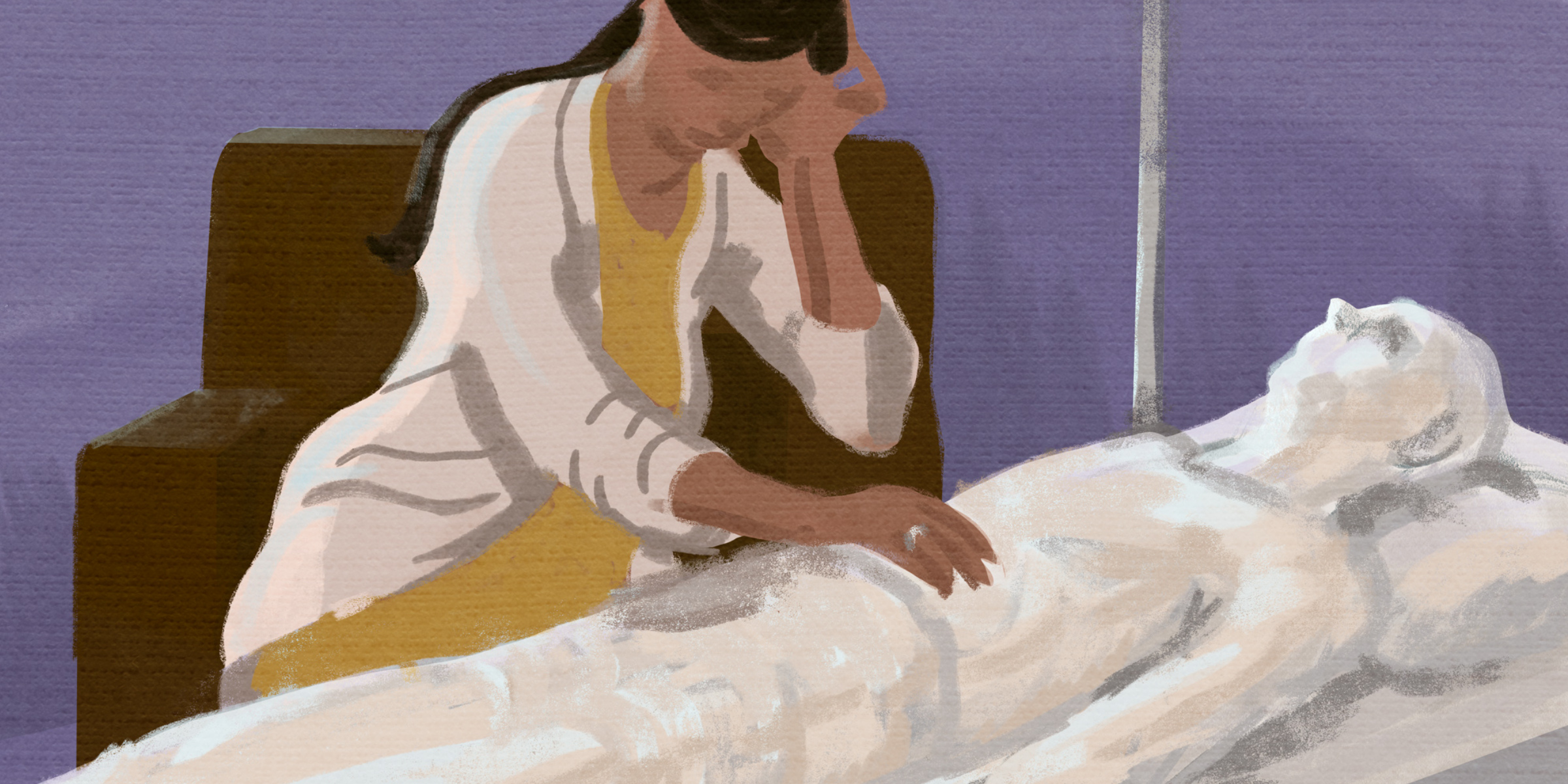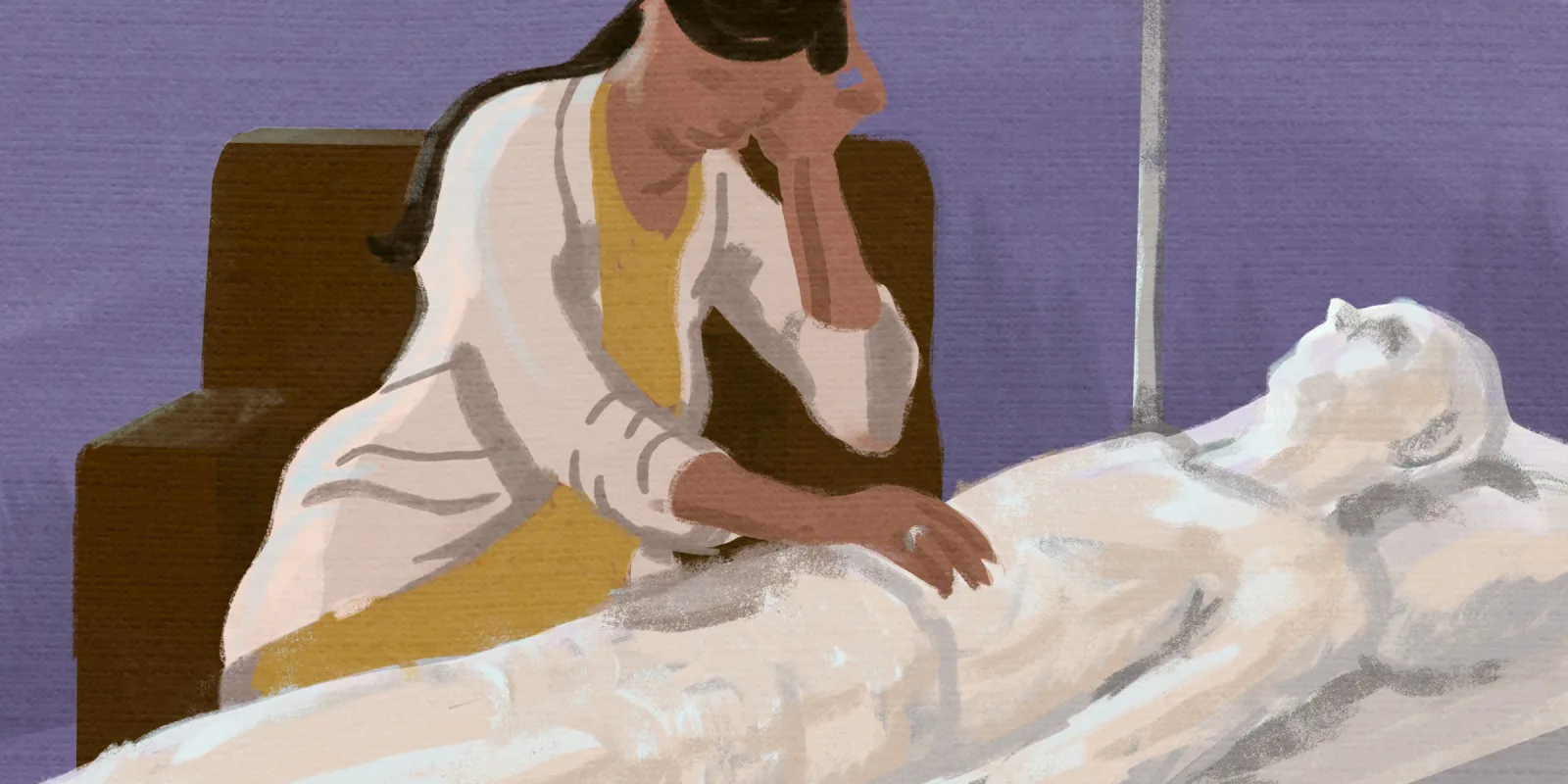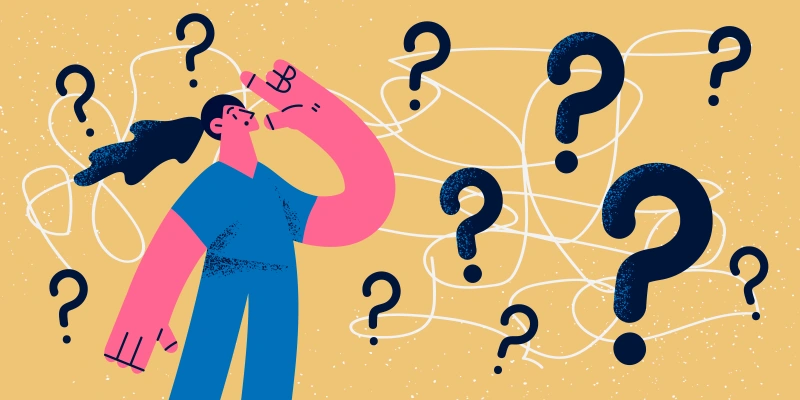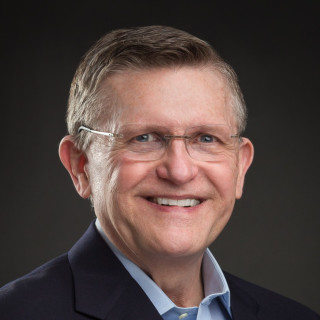
What do you do for the dying man?
When I hear that it is him presenting to the ED I know there is nothing I can do for him. I've seen him not even two months prior. Today, just as then, is the day after his oncology visit a state away. It seems the day after those visits are the worst for him. Maybe because he has to drive 90 miles away and he is so weak, having exhausted what little energy he has.
Two months ago it was pain. Today it is severe hematuria. It set in overnight, but he did not wake his wife, nor did he mention it until she saw it. He did not want to bother her nor me. He presents just before noon, putting it off as long as he can, suspecting that there is likely little we can do.
Two months ago, the full body scan could not even truly quantify the progression. There were metastases in more bones in his body than not.
I told him, "No wonder you are in pain."
I encouraged him to take more than just naproxen. He said maybe. I talked him into hydrocodone 5/325 mg tabs. Almost 60 days have gone by and he has the original fill.
"I don't like pain meds and I don't need them."
I explained to him the cancer had taken over and beyond pain control and comfort, there was not much we could do.
He doesn’t like living this way. All the labs come in, his hemoglobin a little lower than before, his urine packed with red blood cells, and his CT of his abdomen/pelvis showing the tumor in the bladder wall is oozing blood, possibly a hematoma, possibly a clot. I explain there is possibly one thing we can do.
"I can send you back up the road 90 miles to see urology, they could scope you, break up the clot, cauterize the bleed."
"We are not going back there, it is too far."
His wife is right. I can only offer the ridiculous treatments I don't believe in, but I cannot put any pressure behind them. At this point, there is nothing we can do.
We discuss placing a catheter, but it will clog with clots and he will be back for irrigation frequently. We can boost his blood pressure and flush his bladder from within with IV fluids, but he tells me, "I can drink all the water I want at home and pee clots in my La-Z-Boy." Honestly, in my mind, I am only recommending this soft admit with hopes to offload the workload of the wife. Fluids overnight then home, but it will not greatly improve his condition, and she will only fret all night about him. The cancer has won despite everything we’ve done.
"How long do I have to live like this? Will it be maybe two weeks then the bleeding will stop?"
Before I can answer his wife interjects, "Ron, there is no way anyone can know that. It is just like the oncology doctor said about the cancer itself: could be months or it could be weeks, no one knows."
I nod in agreement. "Every tumor is different, and yours has taken over. There is no way of knowing how it will behave. Maybe the bleeding stops, maybe it gets worse and your blood counts drop. In some people, we could transfuse to increase the blood counts, but in your case, it would not buy you much time, and would not be a good use of medical resources. In the face of worsening anemia, there will not be anything within reason that we could do. "
He grows angry. "Well, then just give me a pill to finish me off!"
His wife shakes her head, "It doesn't work like that Ron. You knew we were getting close to the end, but we still have to see how things go. There is no pill to cure you and there is no pill to end you either." We discuss that in the face of severe pain, increasing doses of morphine to control the pain often does lead to that outcome — the respiratory drive is suppressed and you just fall asleep. He won't even take hydrocodone, so he is not a candidate for morphine. I explain if he keeps bleeding and his hemoglobin drops, we could get him oxygen to keep his brain and body going. We would continue until we had turned the dial all the way up and if it still wasn't enough, we could turn the dial all the way down, and without oxygen getting to his brain, he would fall unconscious and die.
I am a medical professional, I am supposed to heal. It always feels backward to encourage death. As if a shoe is on the wrong foot. But the cancer won a long time ago. We can slow our defeat, and treat the symptoms that arise because it is better than doing nothing.
He goes home with his wife as his sole caregiver. They have the number to home health, they have the number to hospice. They are welcome to call with questions and concerns, and he can come back to be reevaluated. I offer all of this but I know if he calls or comes in I will not have much more to offer. I will have no different answers to his questions. I will reframe the words "comfort," and "end of life" in different ways. It breaks me inside to know I have nothing else to tell him. I truly wish that there was more I could do.
Within weeks he is admitted to the nursing home for hospice and finally accepts a fentanyl patch for pain. I visit him a few times; he shrinks before my eyes with each visit. Finally, within a month of admission, nursing home staff calls me to inform me that if I want to say goodbye I need to hurry over. I race across town to his bedside where his family is gathered. We all tell Ron that it is alright to let go. This is what he wants, and the time has come. I am glad I made it to say goodbye. It feels like the only thing I can really do.
Sean is the lead advanced practice provider at Decatur Health, Oberlin, Kansas. He enjoys writing not only online, but has published a book Through the Eyes of a Young Physician Assistant. When the outdoors call, it is to go golfing, fishing, or hunting with his sons. He tweets at @SeanConroyPAc. Sean is a 2019-2020 Doximity Fellow.
All names and identifying information have been modified to protect patient privacy.
Illustration by Jennifer Bogartz






